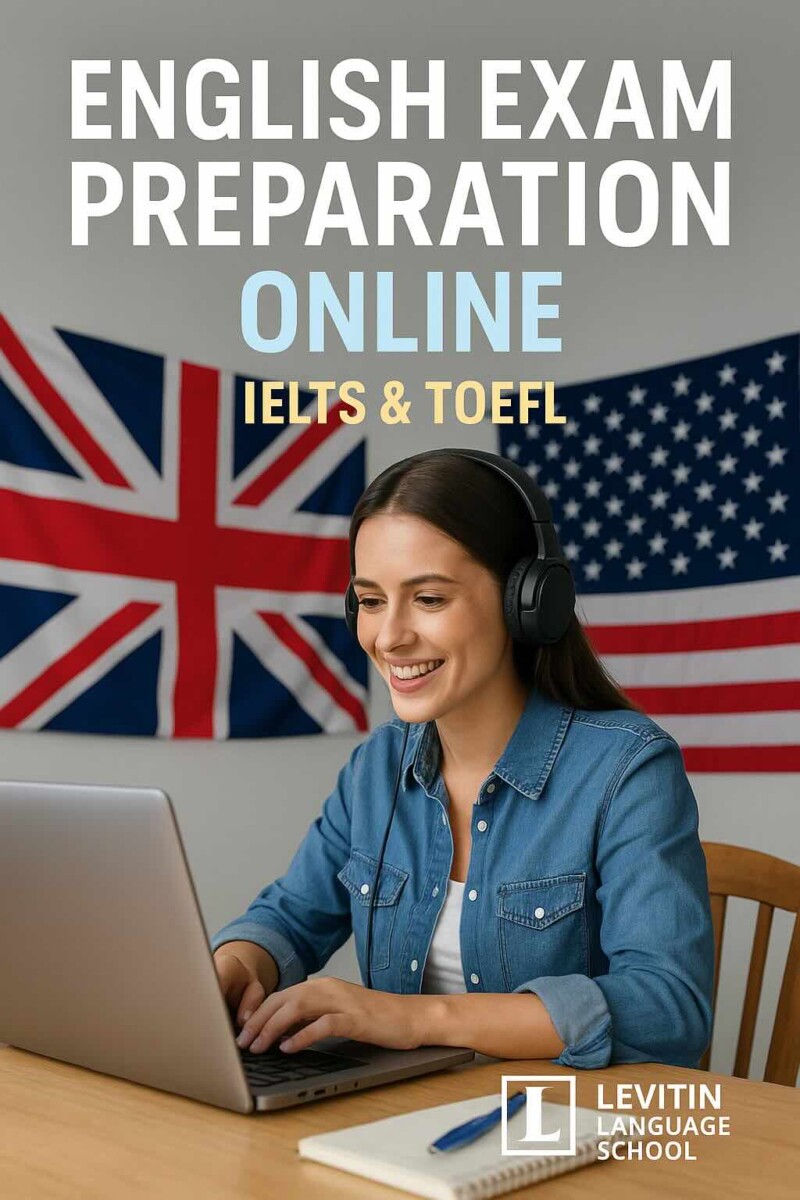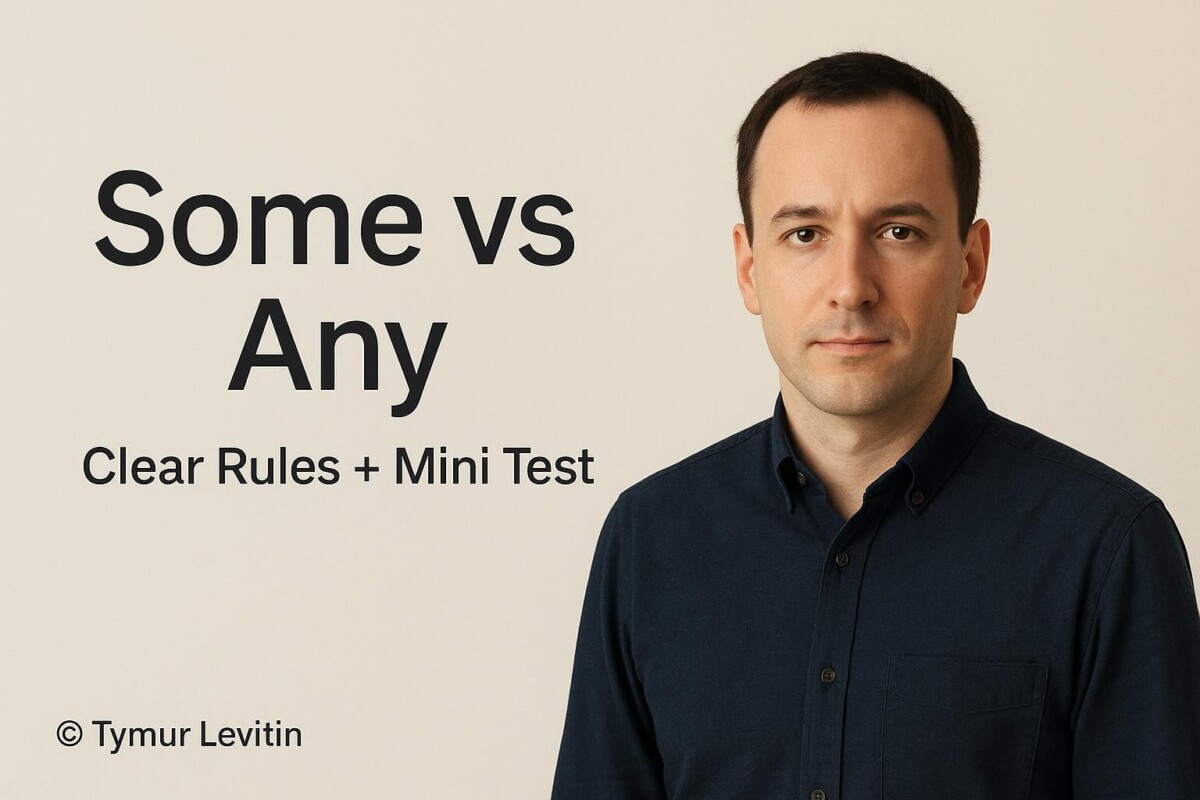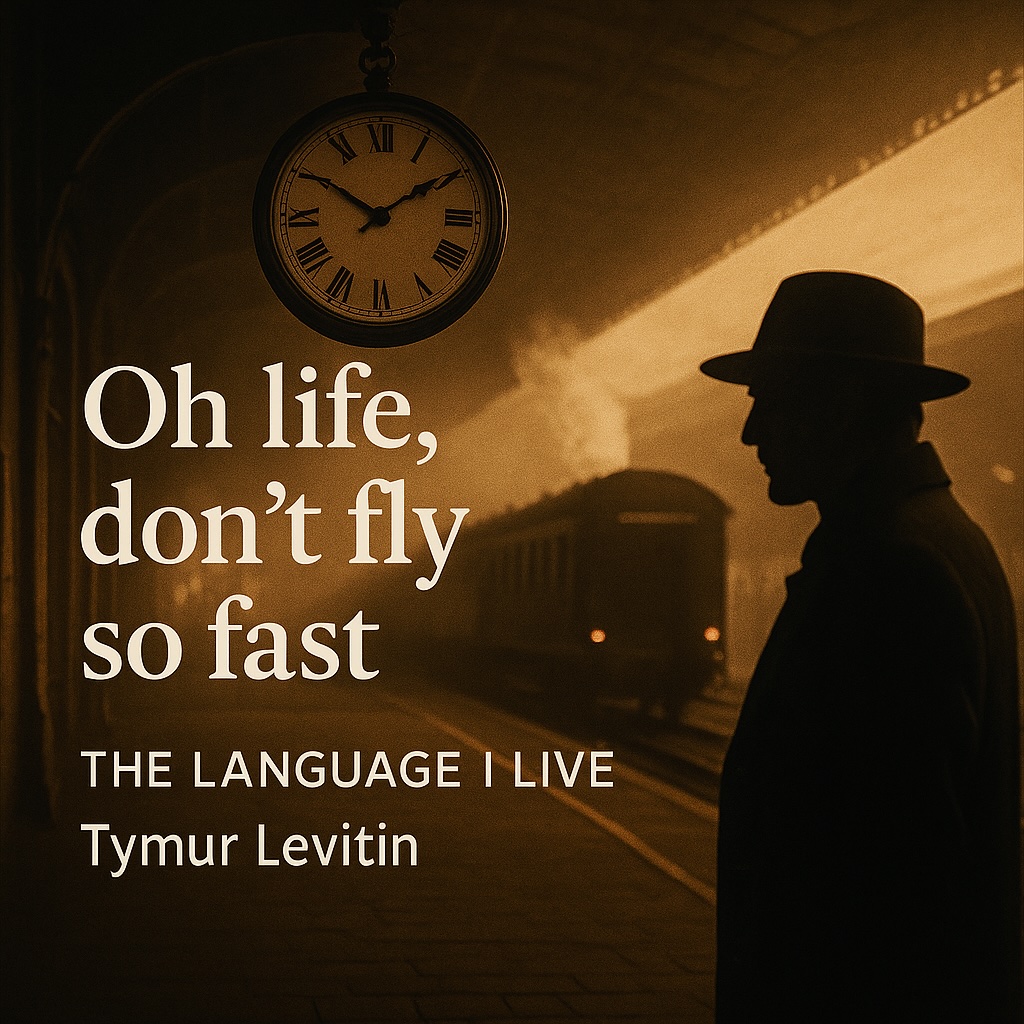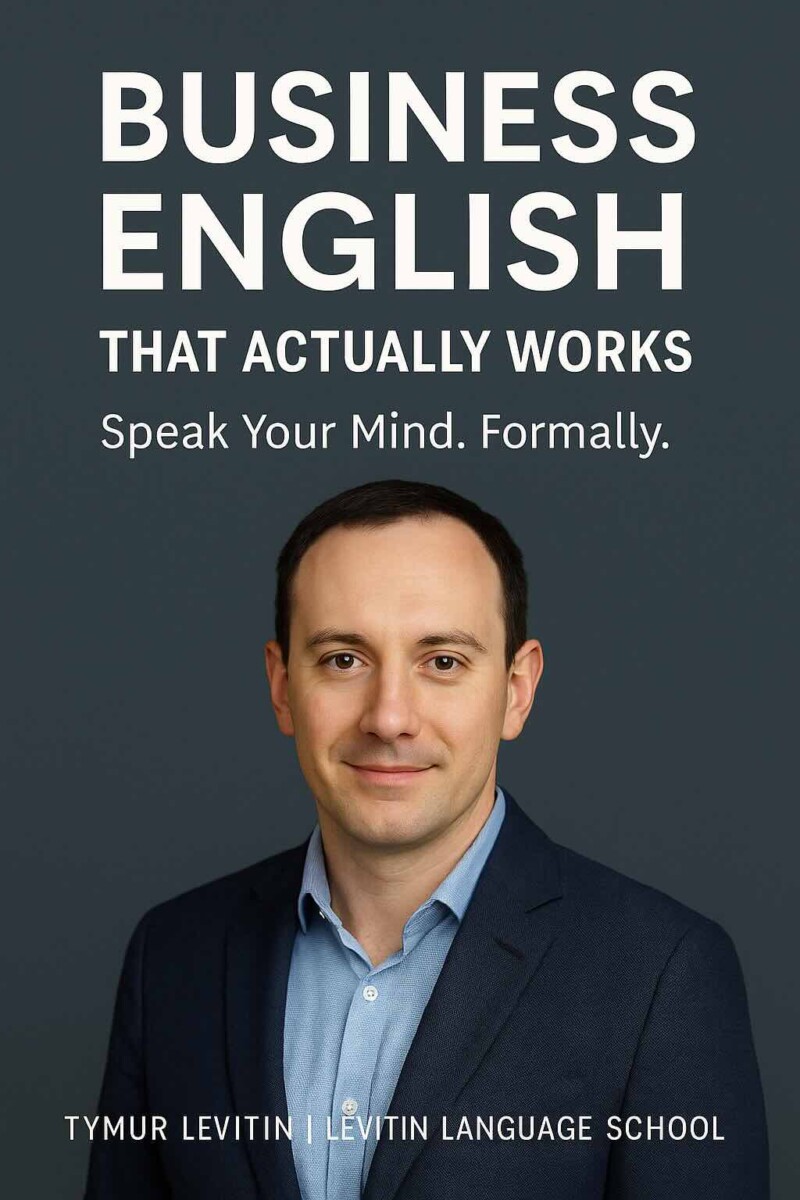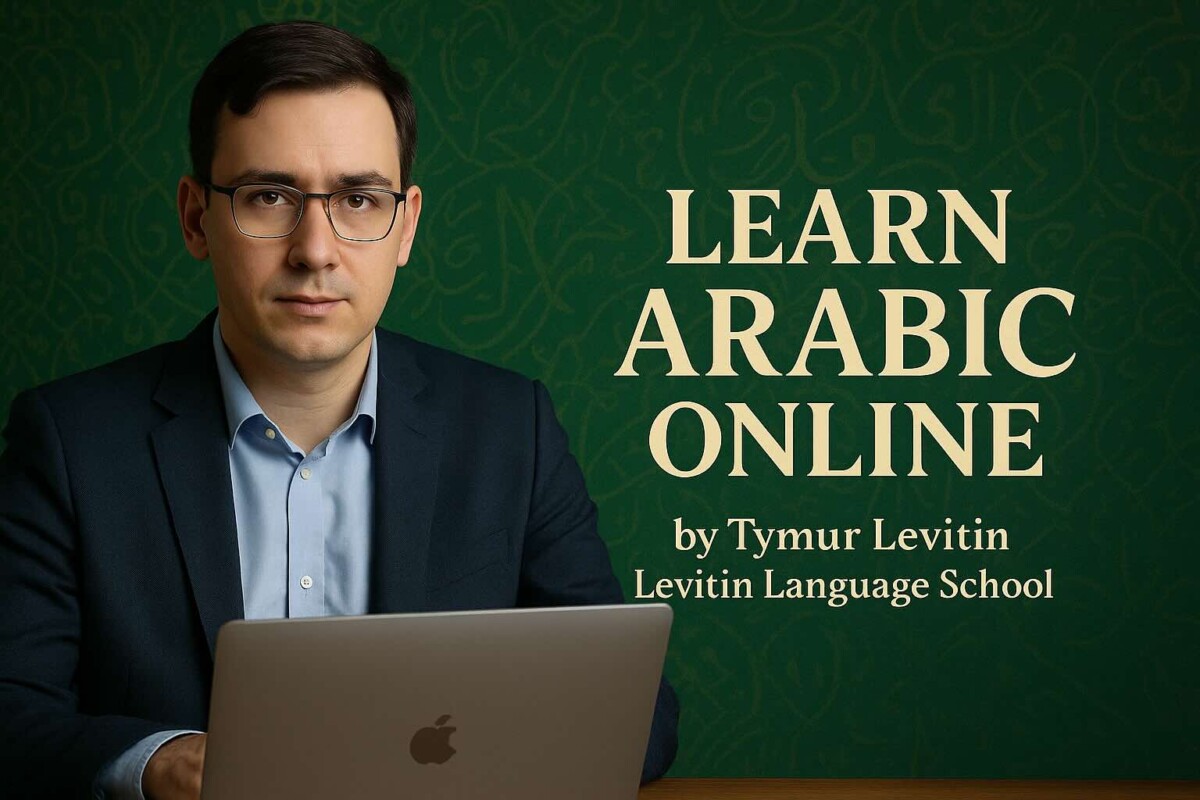Why Learners Mix Them Up
Both some oraz any are used with plural and uncountable nouns. The problem? They look similar, but the rules change depending on whether the sentence is affirmative, negative, or a question. Let’s clear it up in 10 minutes.
Rule 1: Affirmatives → Use Some
We normally use some in positive statements.
- I have some friends in London.
- There is some milk in the fridge.
- She bought some books yesterday.
Rule 2: Negatives → Use Dowolny
In negative sentences, we use any.
- I don’t have any friends here.
- There isn’t any money left.
- She didn’t buy any apples.
Rule 3: Questions → Usually Dowolny
In most questions, we use any.
- Do you have any questions?
- Is there any bread at home?
Rule 4: Offers and Requests → Some
When offering or requesting politely, we often use some, even in questions.
- Would you like some tea?
- Could I have some water, please?
👉 Here, some sounds more polite and friendly.
Some vs Any → Pronouns and Compounds
- Someone / Somebody / Something
- Someone is at the door.
- I need something to eat.
- Anyone / Anybody / Anything
- Is anyone there?
- I don’t want anything.
Quick Table
| Type | Use | Przykład |
|---|---|---|
| Affirmative | some | She has some friends. |
| Negative | any | She doesn’t have any friends. |
| Pytanie | any | Do you have any friends? |
| Offer | some | Would you like some coffee? |
Mini Quiz
- Do you have ___ sugar?
→ any - Could I have ___ tea, please?
→ some - I don’t need ___ help right now.
→ any - We met ___ interesting people yesterday.
→ some
Common Mistakes
❌ Do you have some questions? (sounds unusual)
✔️ Do you have any questions?
❌ I don’t need some advice.
✔️ I don’t need any advice.
FAQ
Q: Can I use “some” in questions?
A: Yes, in offers and polite requests: Would you like some tea?
Q: Is “any” always negative?
A: Not always. It works in questions and sometimes in positive sentences like Anyone can learn English.
Q: Can I say “some people” and “any people”?
A: Some people = positive idea. Any people is rare, but possible in negatives (I don’t know any people here).
Final Tips
- Some = positive, friendly, offers.
- Any = negative, most questions.
- Remember: context changes the nuance.

Dowiedz się więcej
Want to go deeper into the logic of grammar? Read this article:
👉 Stop Memorizing. Start Thinking.
And check our full English learning page.
© Author’s concept by Tymur Levitin — founder, director, and lead teacher of Szkoła językowa Levitin (Start Language School by Tymur Levitin).


















